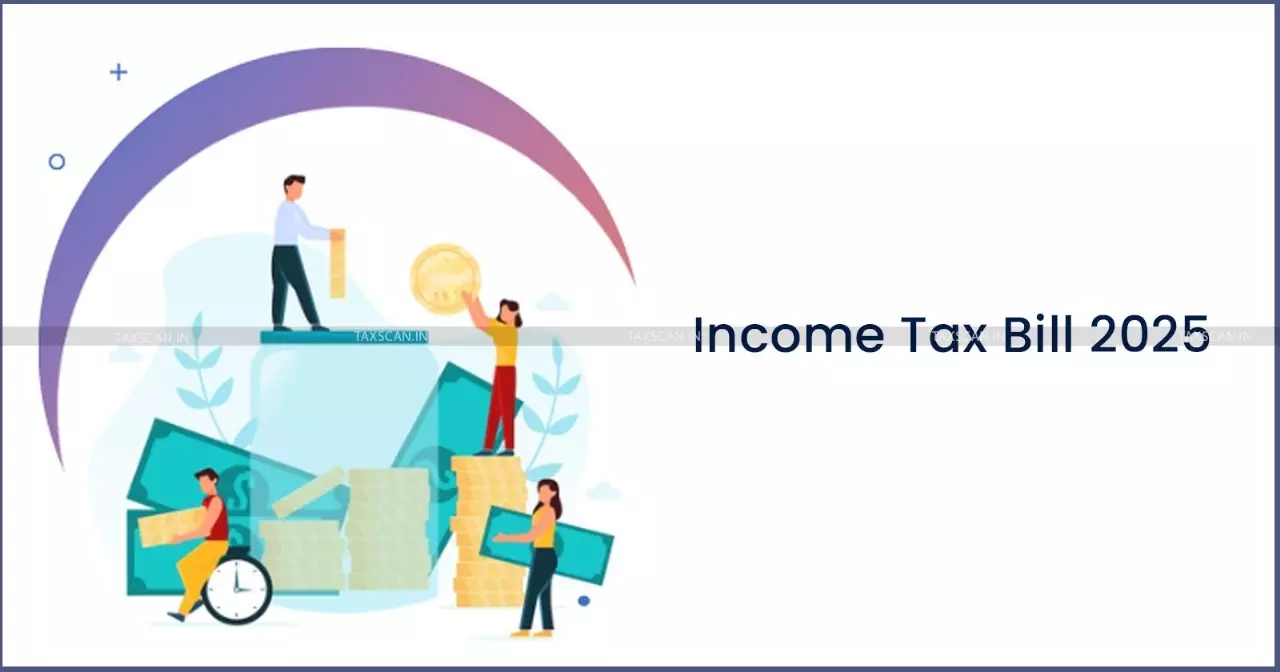Report of the Select Committee and Record of Evidence on the Income-Tax Bill, 2025 to be tabled on Lok Sabha Today
On the floor, the Lok Sabha has adjourned twice, now vacant till 02:00 PM due to ruckus over various issues by the Opposition

The Lok Sabha will this morning take formal custody of the Select Committee’s Report and the complete Record of Evidence on the Income‑Tax Bill, 2025, clearing the procedural deck for a full‑scale debate on India’s first wholesale rewrite of income‑tax law in six decades. The twin documents are listed as Items 10 and 11 on today’s List of Business, with committee chair Baijayant Panda (BJP) and senior member Supriya Sule (NCP) slated to present them to the House and to lay the evidence archive that underpinned their deliberations .
The 31‑member panel, drawn from across the political spectrum and tasked with examining the 622‑page Bill introduced on 13 February 2025 by Finance Minister Nirmala Sitharaman, finalised its draft on 16 July after seven weeks of oral depositions from tax officials, industry bodies and independent experts. Media briefings suggest the report runs to more than 400 pages and contains 285 recommendations, reflecting the breadth of stakeholder concerns.
At the heart of the new legislation is a bid to make tax law readable: the Bill’s word count has been cut by almost half, obsolete clauses have been dropped, and the text is re‑organised into 57 tables (up from 18) while excising 1,200 provisos and 900 explanations. The government insists no tax rates change; instead, the aim is clarity, certainty and easier digital administration.
Your ultimate guide for mastering TDS provisions - Click here
Even so, the committee’s evidence trail shows reformist zeal tempered by caution. Key proposed amendments call for time‑bound disposal of tax appeals, a statutory charter for taxpayer rights, and explicit safeguards around faceless assessments to curb “algorithmic opacity” in scrutiny. The panel is also learnt to have urged restoration of the power to issue nil‑withholding certificates for specific payments and has flagged the need for stronger data‑protection guard‑rails as revenue authorities lean further into AI‑driven enforcement.
Experts welcomed the push toward predictability but warned that concise drafting alone will not lighten compliance. Persistent pain‑points,complex Tax Deducted at Source (TDS) rules, sluggish refund cycles and a 5‑million‑case litigation backlog,will require administrative fixes beyond statutory text. “If the Bill cuts words but not workflows, the taxpayer may still be stuck in red‑tape,” said a former Central Board of Direct Taxes member.
Procedurally, today’s tabling fulfils the committee’s mandate to report by the opening day of the Monsoon Session, which runs until 21 August. Once the report is circulated, the Finance Ministry will move official amendments; Opposition members have signalled they will press for votes on several dissent notes.
With the calendar already crowded,15 Bills are on the agenda this session,the government hopes to secure passage of the Income‑Tax Bill before recess, allowing time for rules to be framed ahead of the proposed 1 April 2026 commencement. Whether Parliament can agree on a tax code that is both simpler and fairer will become clear in the high‑stakes debates now set to begin.
Support our journalism by subscribing to Taxscan premium. Follow us on Telegram for quick updates


